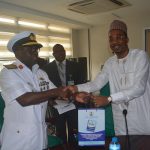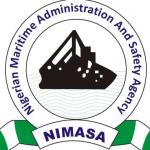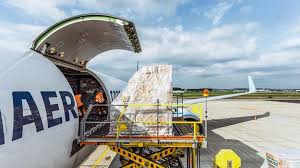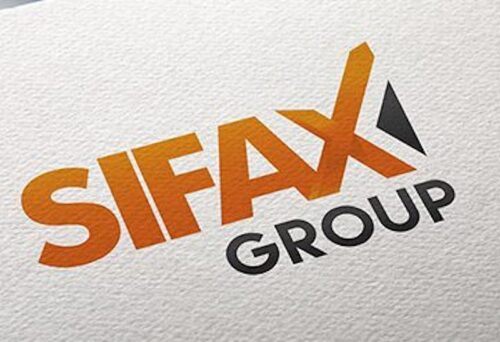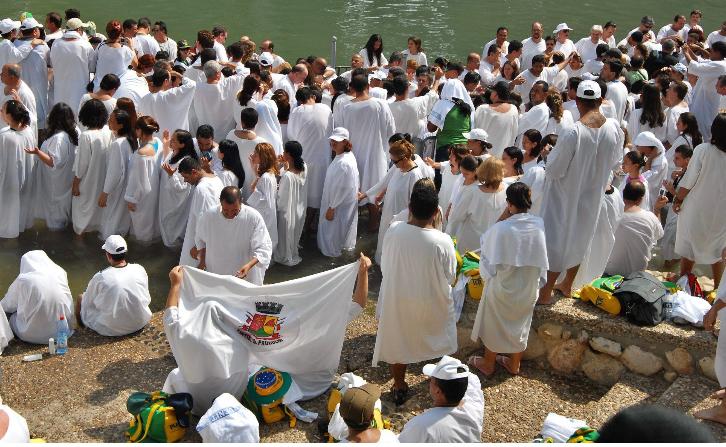Cargo inspection regime contravenes WCO framework-Stakeholder

A key stakeholder in the maritime industry and President, National Council of Managing Directors of Customs Licensed Customs Agents (NCMDLCA),Mr. Lucky Amiwero has said that Nigeria’s cargo inspection regime, DIR, contravenes the World Customs Organisation’s ( WCO’s) Safe Frame Work of Standard to Secure and Facilitate Global Trade.
This, he lamented, is responsible for the influx of Illegal arms and ammunition into the country as evident in the latest interception of 1100 pump action rifles by the Tin-can Command of the Nigeria Customs Service, NCS.
“There is a serious concern about our import and export system and an economy that is vulnerable to terrorist exploitation due to our cargo inspection regime.
The practice contravenes the WCO’s Safe Frame Work of Standard to Secure and Facilitate Global Trade” he said.
Speaking further, Amiwero said the Destination Inspection regime (DIR) process, allows the influx of unwholesome goods into the country, such as arms, ammunitions, contraband and the reduction of revenue, which exposes the nation to serious security threats.
He, however, challenged relevant authorities on the need to incorporate in the nation’s inspection regime’s mutual administrative assistance convention with other countries for the prevention, investigation repression and transnational organized crimes. This, he said, would help check the menace.
“Nigeria should exploit theinternational conventions that contain provision to assist member nation in collaborative activities on the prevention, investigation, repression and transnational crime on mutual agreement, to assist in reducing the effect of crime associated with customs’ laws and transnational crime to check this menace,” he said.
According to him,“The country, as a contracting party to the International Convention on Mutual Administrative Assistance for the prevention, Investigation, and repression of Customs Offences the Nairobi Convention, which entered into force on 21 May, 1980, rectified on June 25, 1985.
The convention considers that action against Customs Offences can be rendered more effective by Co-operation between Customs Administration of a contracting party, which may request mutual assistance in the course of any investigation or in connection with any judicial or administrative proceeding being undertaken by the contraction party” he added.


